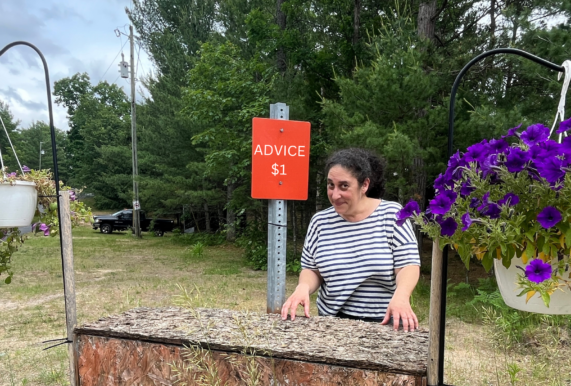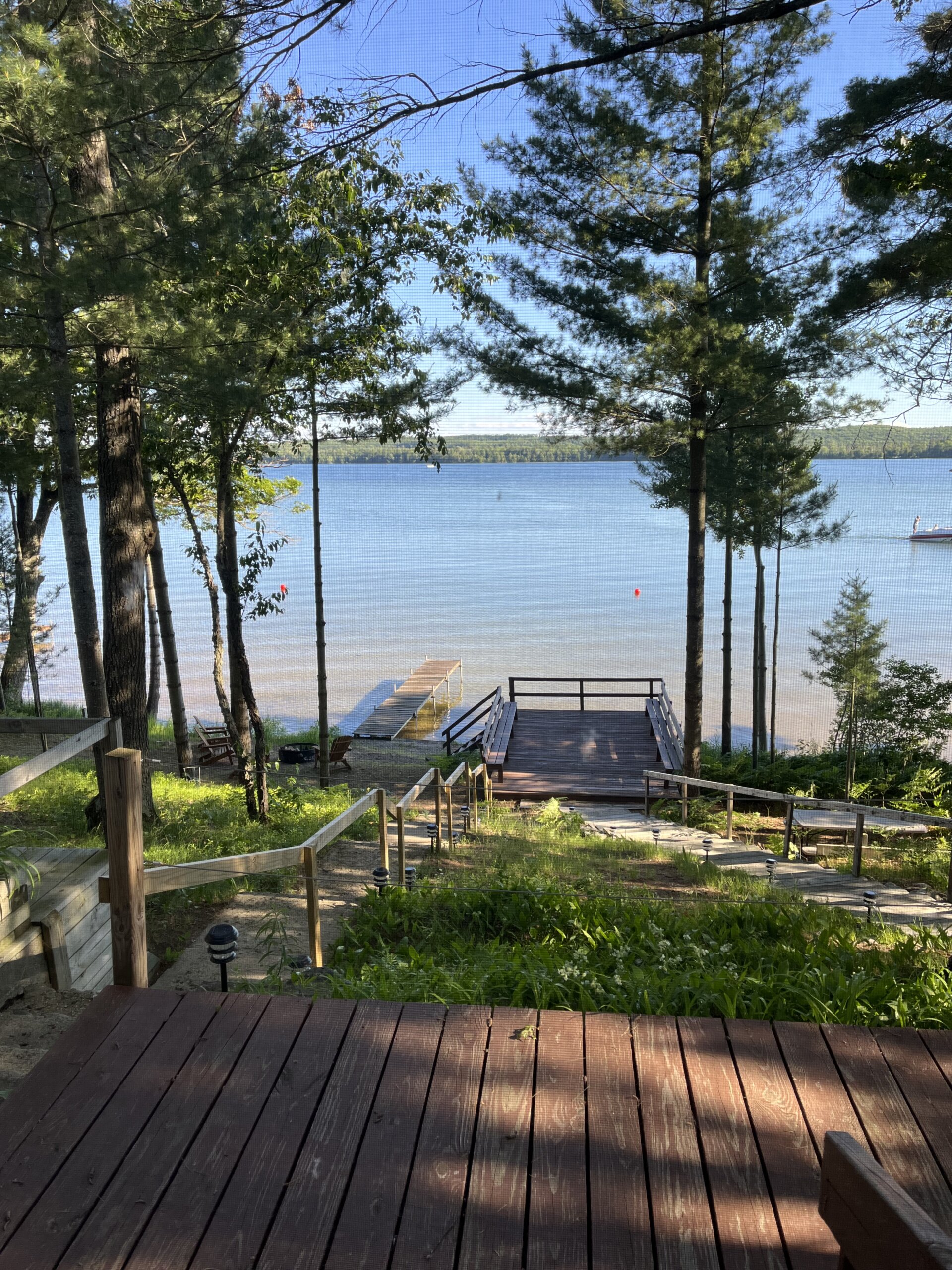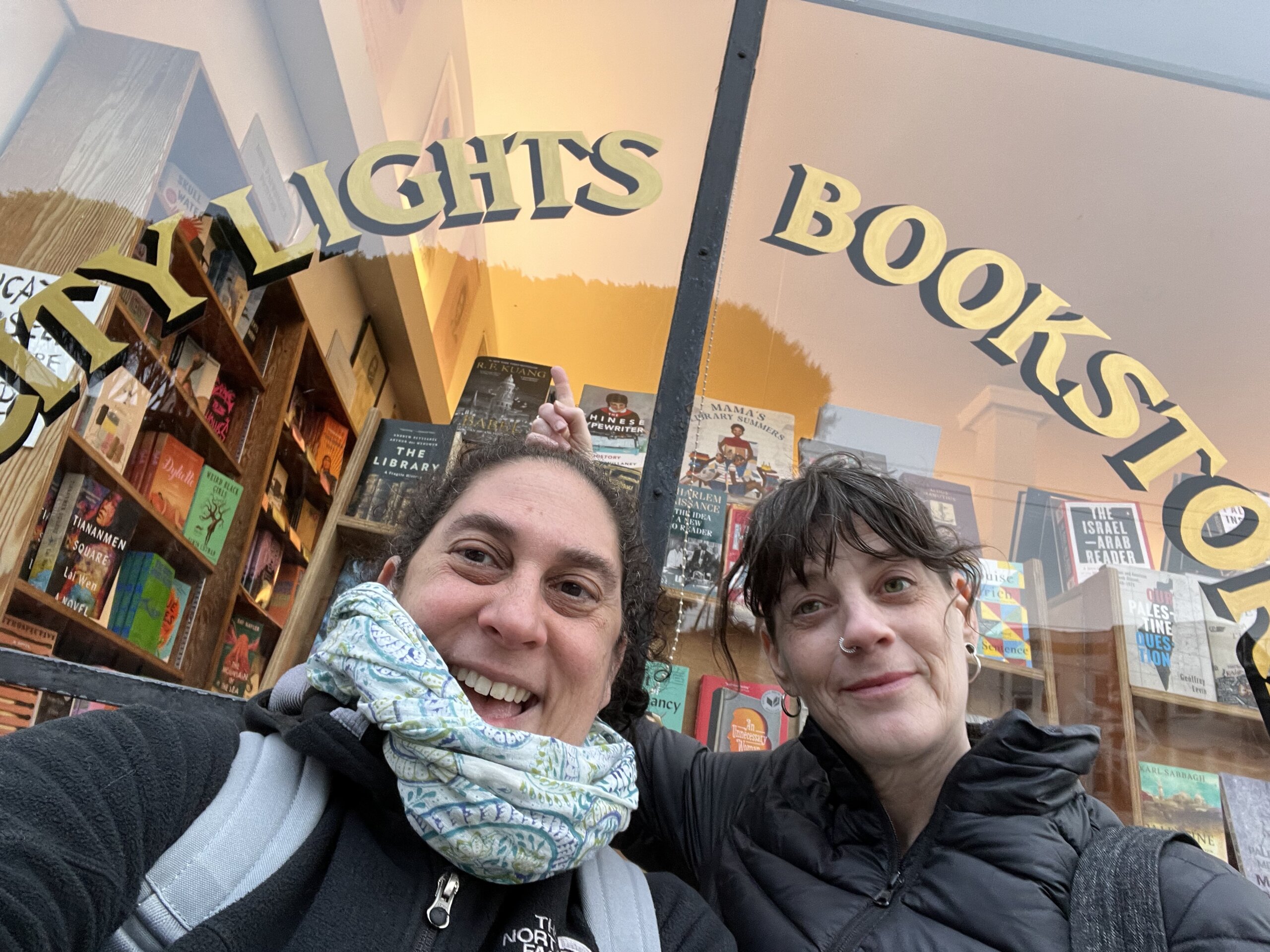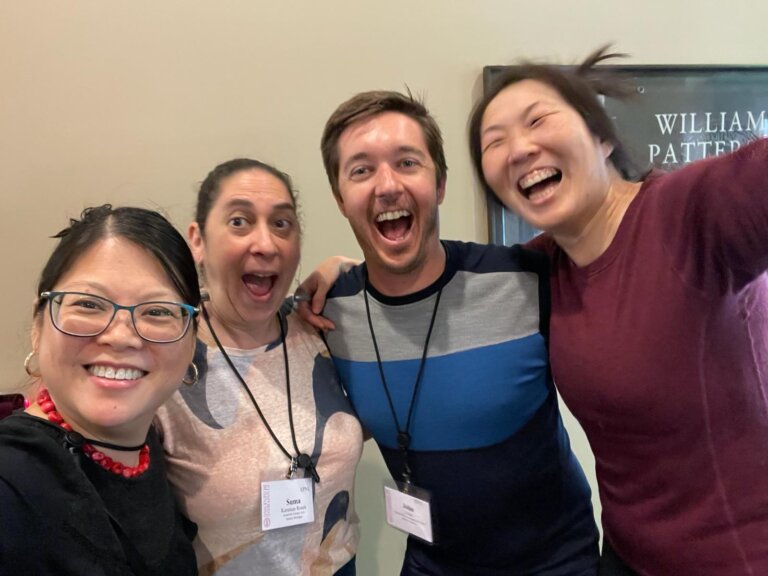
When I was awarded a Miller Fellowship from the McGregor Foundation, I knew I wanted to divide my sabbatical up over two years in order to reduce the burden on staff and to see what I could learn from year to year on how to rest best. What a difference one year makes!
Even though I knew that the InsideOut Team was fully capable and ready for me to step away in 2024 – something we learned from my first sabbatical reflection – I was perhaps less prepared and more in need of rest this time around. I knew I wanted to focus on my personal needs, but that is often more challenging for me than thinking about organizational needs and how best I can serve. Time away this year gave me the opportunity to turn inward and focus on rest, connection and growth.
1. Rest is a daily vitamin, not a medicine.
How is it possible that I was even more worn out going into the second part of my sabbatical?! As I was approaching my time away, I put more pressure on myself to “deal with things later” knowing that I had a big break coming. But this mentality is problematic. I’ve come to realize that rest has to be treated like hygiene or maintenance. It’s the difference between taking a daily walk vs. throwing yourself into a long weekend hike. I think the approach for many of us is to pile up our need for rest and then “cash in” while we’re on vacation, but that leaves us stressed both before and after we step away. I’m thinking differently about all of this now: I believe we should think of rest as Vitamins, NOT Medicine. How do we build rest into our daily practice?

2. You never step in the same city twice.
While traveling, I had the opportunity to spend time with three close friends from my 20’s. There’s definitely a core connection to these people – we picked it up where we left it – which made me wonder about the “essential” parts of a person, as opposed to those parts that we continue to grow and evolve. I can tell you that “essential Suma” appreciates good, deep conversations and the ability to find adventure everywhere – whether on a ferry ride to Sausalito or picking up groceries for dinner. My work at InsideOut has helped me see my place in the world as part of a community. I visited places I’ve been many times before – specifically San Francisco and Santa Fe – but this time I thought about writers who had walked the same streets, and wondered what it might be like to work at some of the museums I visited. Being part of a community-serving organization has made me think about the communities I’m part of – both near and far.

3. Look beside you for growth.
I call myself a lifelong learner – I read management and leadership books often and am always on the lookout for training opportunities to keep me on my “growth edge.” Through this sabbatical fellowship I had the opportunity to attend Stanford Business School’s Executive Program Nonprofit Leaders, and was one of 61 members of my cohort representing 16 countries. Though I was initially excited to learn from the faculty of this esteemed university, I quickly realized that I was much more interested in the experience and wisdom of my fellow attendees. It’s not the first time I felt this way – I’m often amazed at how the “for profit” world sees our sector. It’s as if they believe that having “passion for the work” somehow replaces the need for strong leadership, from strategy to day-to-day operations. But we are not “business light,” despite what others may think. The complexity of our sector, along with the brilliance of other nonprofit leaders I’ve met, deserves respect, curiosity and an openness to learn from “non-traditional” teachers. The biggest takeaway for me? To more intentionally build my network with other nonprofit leaders. There’s so much “professional development” we can give to each other in peer-to-peer conversations. Here’s to continuous learning and mutual support!

-Suma Karaman Rosen, Executive Director
This sabbatical is made possible by The McGregor Fund’s Miller Fellowship.